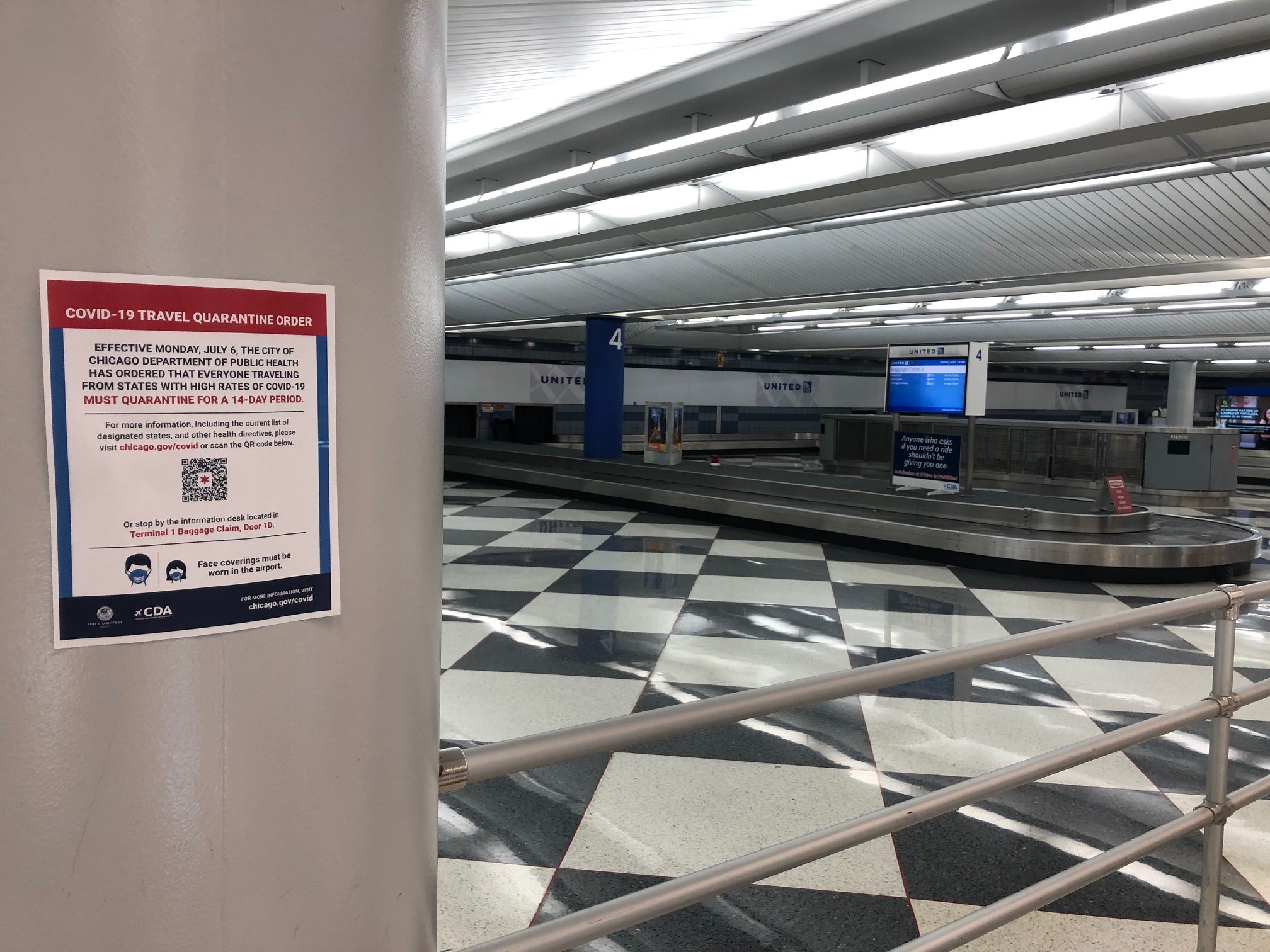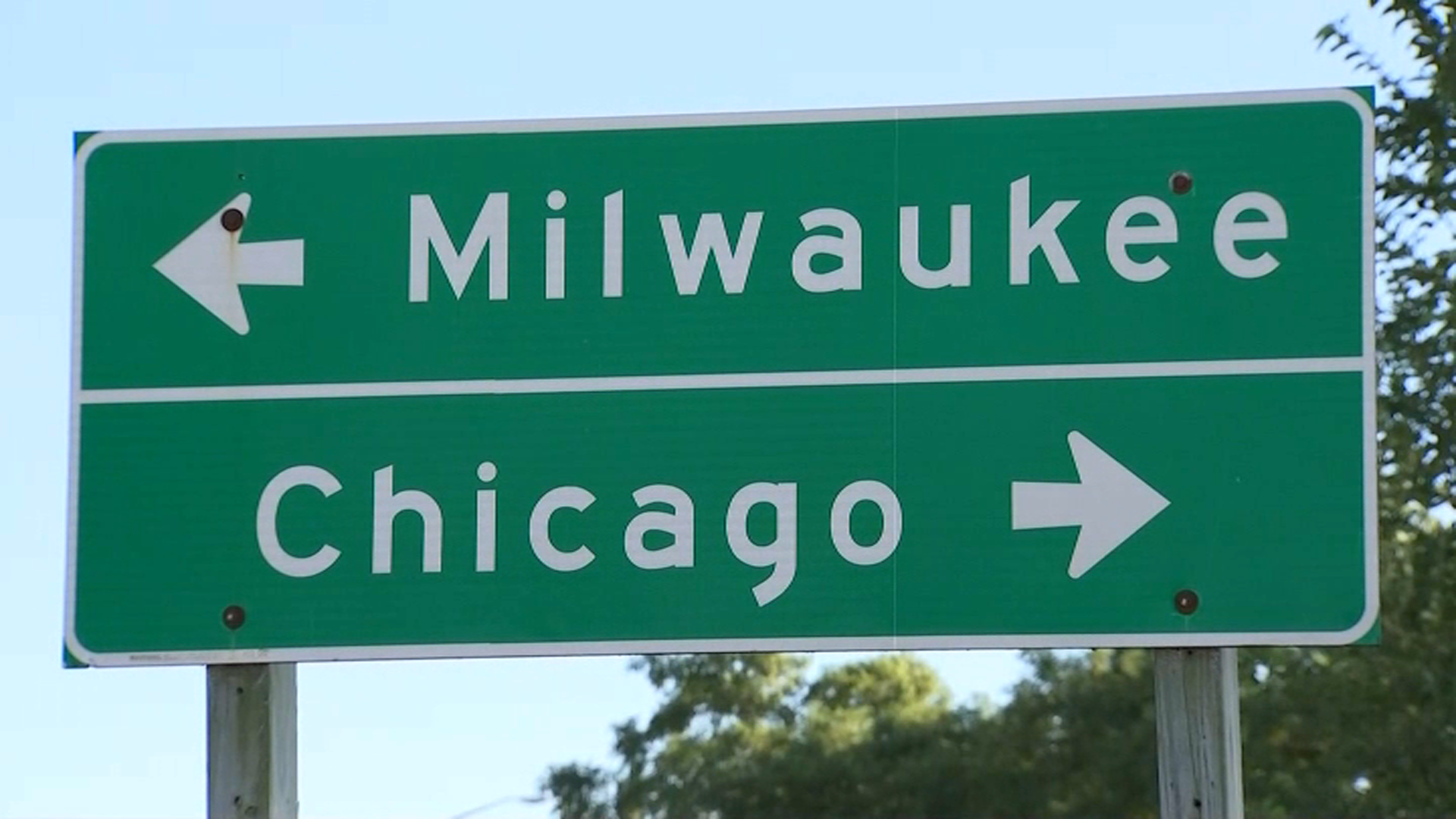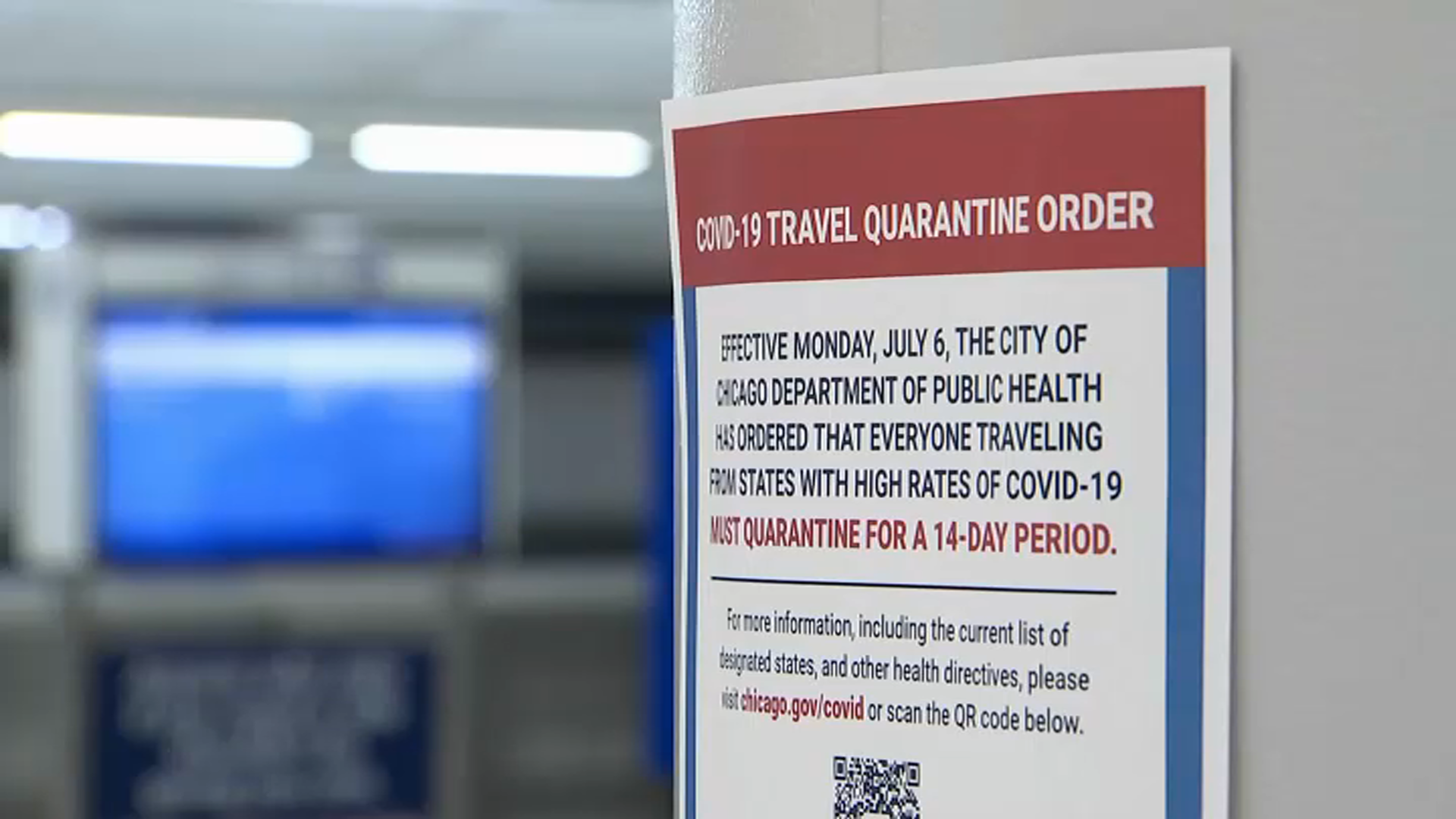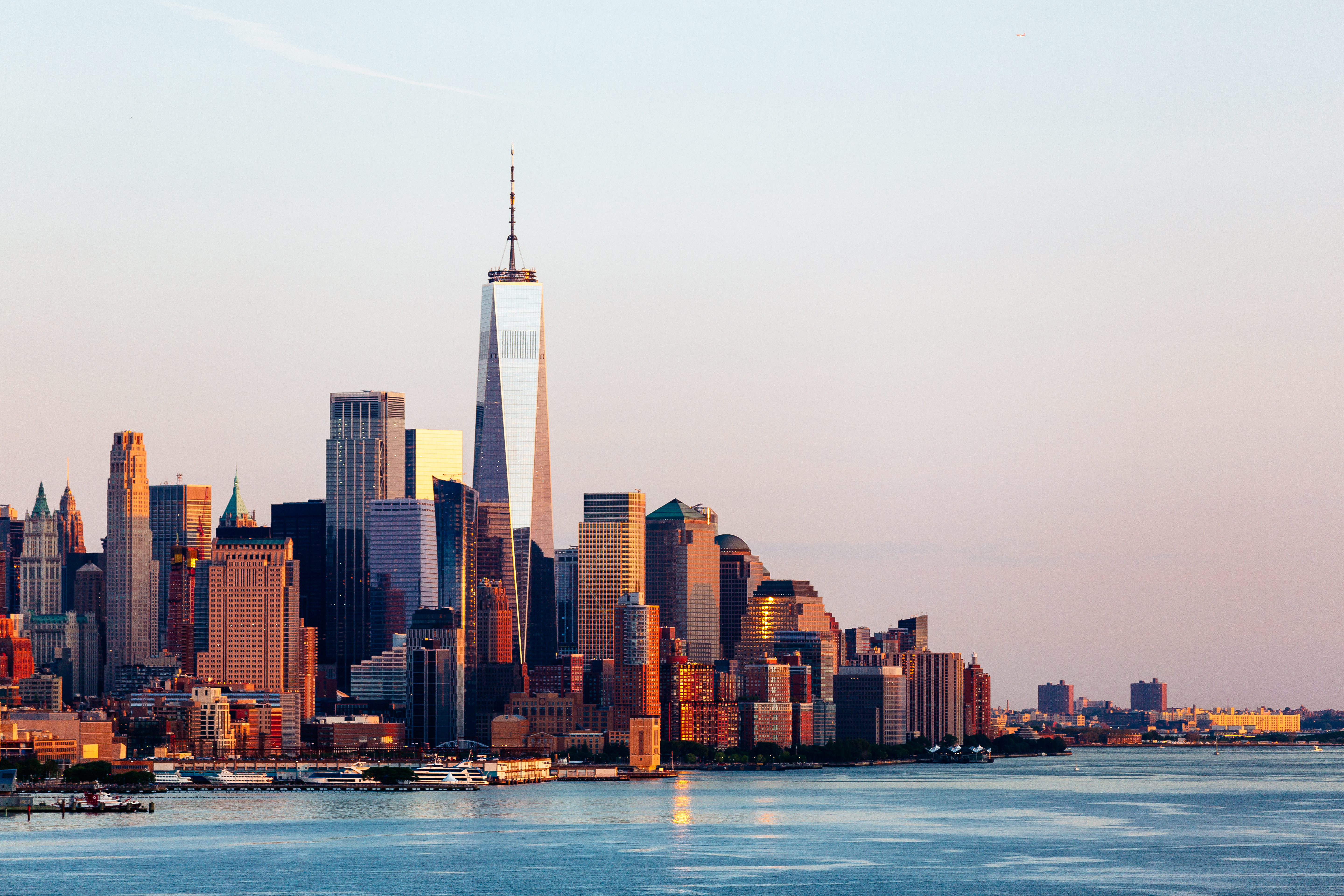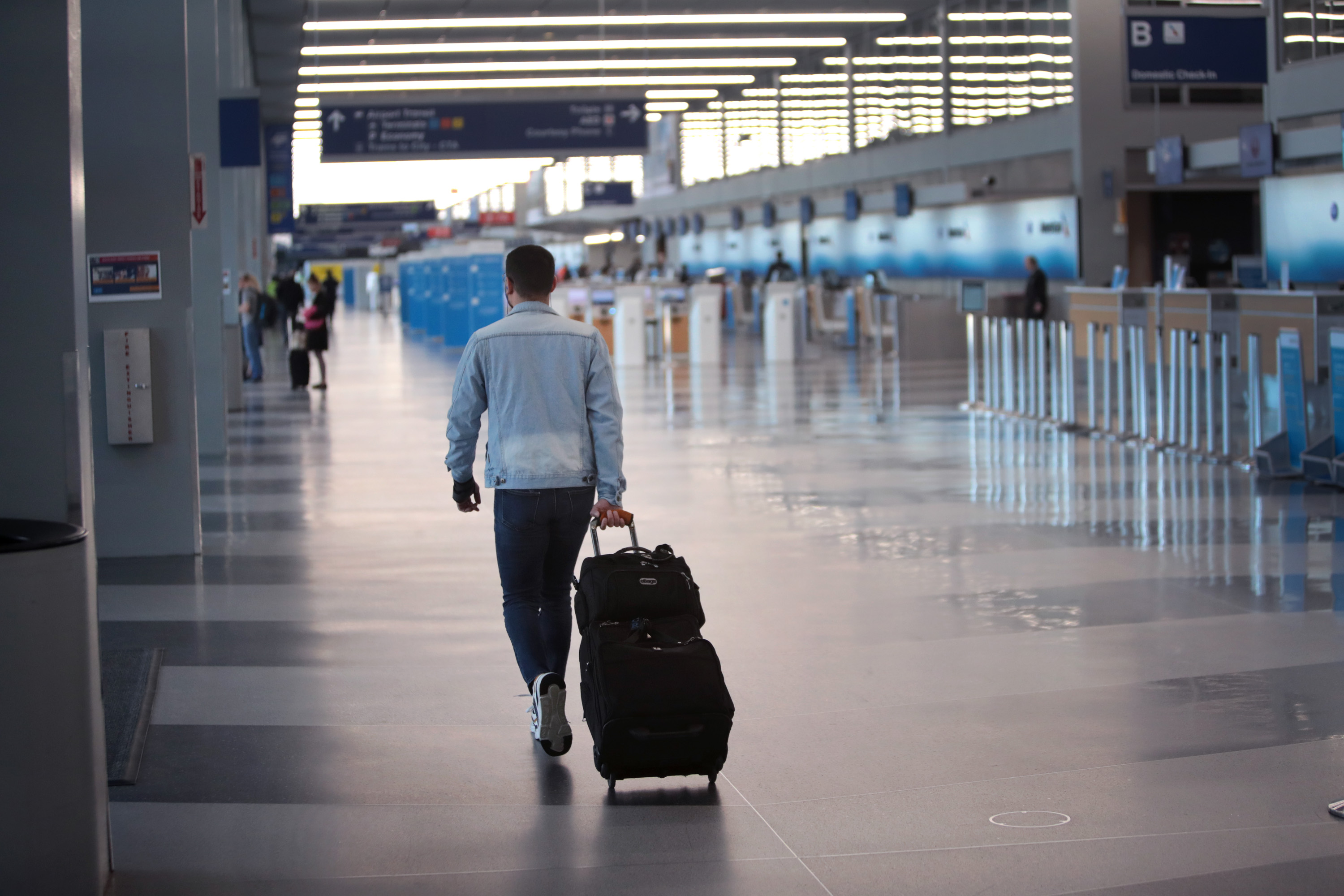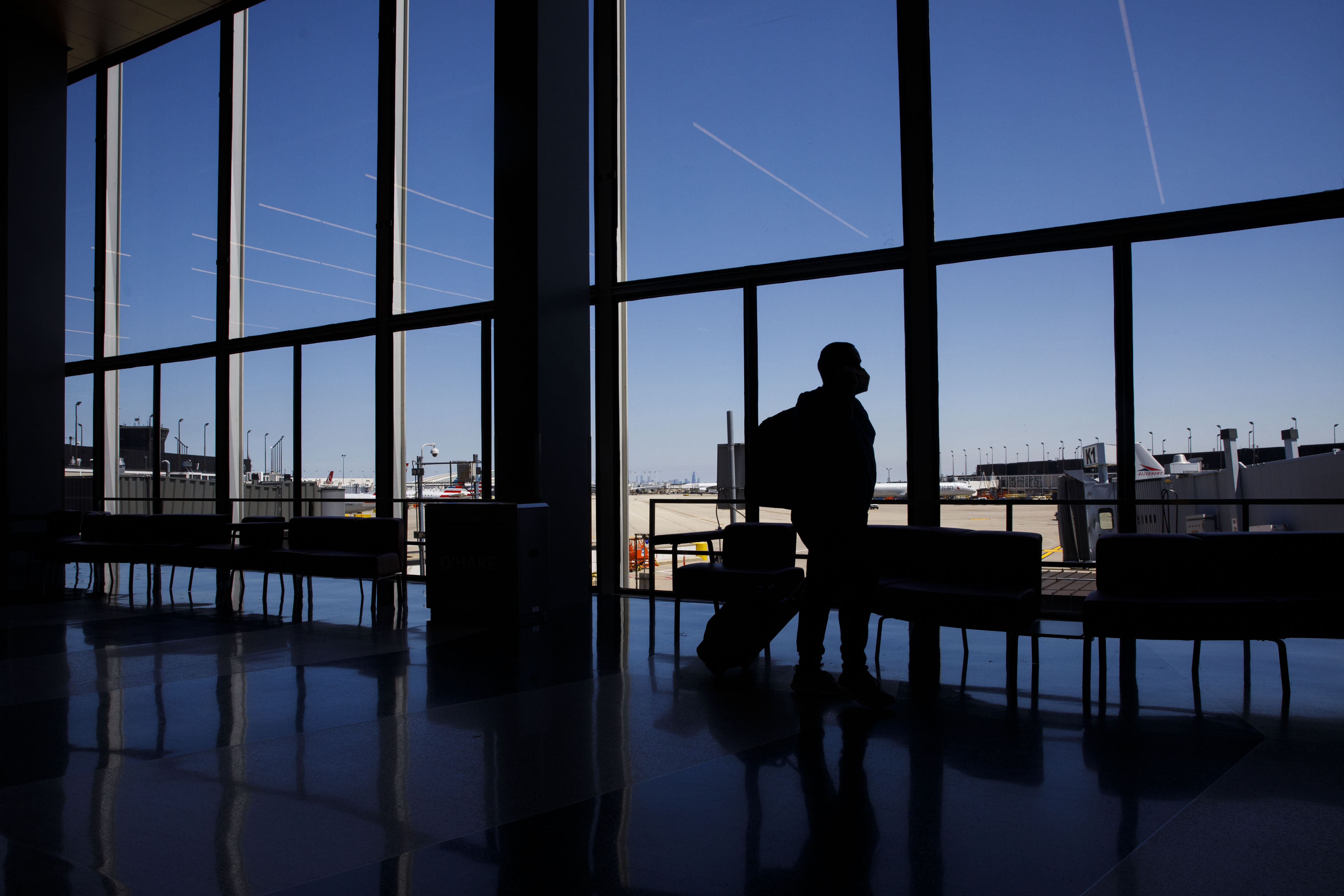Chicago's travel order was updated once again Tuesday with three states being dropped from the list of places of the city requires a quarantine from.
Iowa, Kansas and Utah all fell off the quarantine list after multiple weeks of case numbers below the city's threshold. Wisconsin and Nebraska were also noted for having numbers below the threshold, but will need to continue that streak for another week before they will be officially off the city's order.
The city's travel order is evaluated every Tuesday, with any additions taking effect the following Friday.
States are added to the list if they have "a case rate greater than 15 new COVID-19 cases per 100,000 resident population, per day, over a 7-day rolling average." If they fall below that threshold, they could be removed as well.
Chicago's travel order first began on July 6.
The states included are: Alabama, Arkansas, Arizona, California, Florida, Georgia, Idaho, Louisiana, Mississippi, Missouri, Nebraska, Nevada, North Carolina, North Dakota, Oklahoma, South Carolina, Tennessee, Texas, and Wisconsin. Puerto Rico was also recently added to the list.
Chicago Department of Public Health Commissioner Dr. Allison Arwady said travelers entering or returning to Chicago from "states experiencing a surge in new COVID-19 cases" will need to quarantine "for a 14-day period from the time of last contact within the identified state." Essential workers could be exempt from the quarantine requirement, however, as long as their employer certifies their work in writing.
The order is set to remain in effect until further notice.
New York and New Jersey are also asking visitors from several states, including Illinois, to quarantine themselves for two weeks.
Still, outside of Chicago, Illinois Gov. J.B. Pritzker said the state likely won't require residents who travel to and from neighboring states to quarantine for two weeks solely because of that travel.
"We don't live in a country where you close the borders between states," Pritzker said during the governor's coronavirus briefing. "And we're not going to stop people who live in Illinois and work in Wisconsin from doing so."

